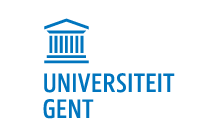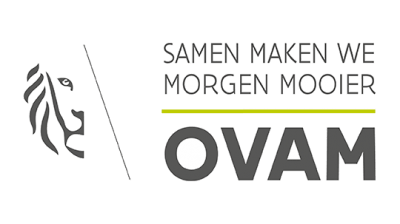The effect of waste incineration taxation on industrial plastic waste generation: A panel analysis
Abstract
Loïc De Weerdt, Toshiaki Sasao, Tine Compernolle, Steven Van Passel, Simon De Jaeger
Waste treatment taxation is a popular policy instrument in many European countries and regions. Its impact on household waste has extensively been researched. However, only little research exists which looks into the impact of waste treatment taxation on industrial waste generation. Nevertheless, industrial waste constitutes more than ninety percent of waste generated in the European Union. This study assesses the impact of an incineration tax on the generation of industrial plastic waste in Flanders, Belgium. We conduct different types of econometrical panel analyzes and provide statistical evidence that firms show lagged behavior, which means that the previous year’s waste generation partly determines the current year’s. The dynamic panel estimations show robust results, indicating that a growth of incineration taxes exert significant negative effects on the growth of industrial plastic waste generation. This result offers no argument to iteratively raise incineration taxes. We conclude that incineration taxation is meaningful if tax rates are set according to the prevailing market conditions, i.e. taking into account the marginal costs of alternatives for incineration. In the short run, the effectiveness of taxation will quickly diminish due to the rapidly rising marginal costs of waste reduction. In the long run, extra recycling capacity is needed to recycle the minimized waste fraction. The role of taxation in the long run is to maintain an equilibrium in which recycling is preferred by the market.

.png)






